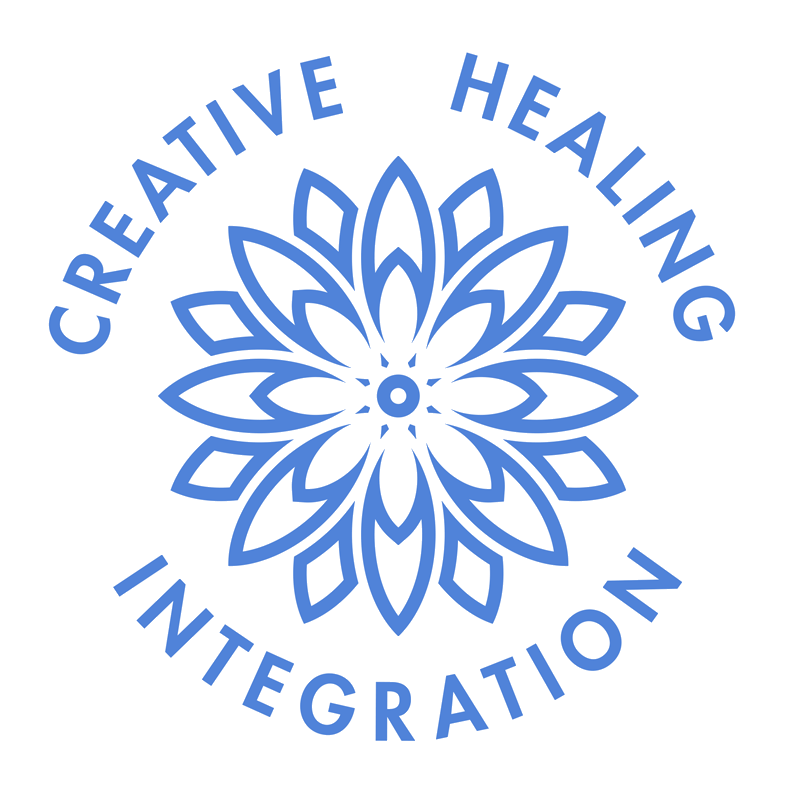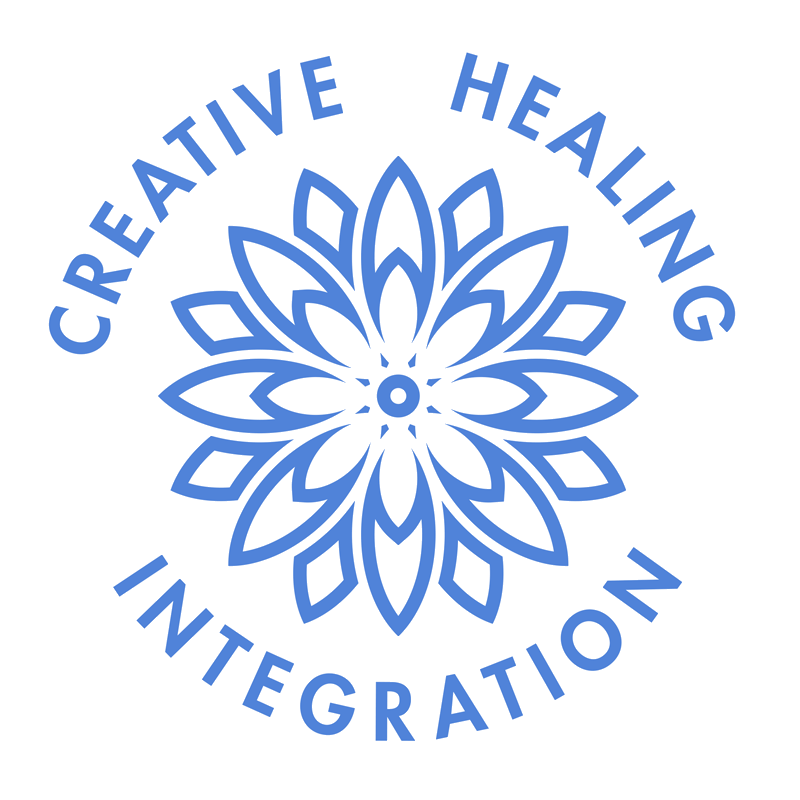The Cycle of Toxic Mothers: Intergenerational Trauma and the Impact on Daughters of Today

As the saying goes, "hurt people hurt people." Toxic mothers are a clear example of this sad truth. Often stemming from intergenerational trauma passed down from mother to daughter, the toxicity and abuse are learned behaviors. In this blog post, I will elaborate on this painful cycle, explore its impact on adult daughters, and offer suggestions for ways to break its hold.
Intergenerational Trauma
Throughout history, trauma has been passed down from one generation to the next. This is known as intergenerational transmission of trauma. This theoretical framework helps explain generational challenges, patterns, and abuse within family systems.
The transmission of trauma to younger generations occurs due to a variety of factors. From behavior patterns and unconscious beliefs down to genetics, this painful cycle occurs at a macro and micro level.

It’s been found through epigenetics (a new and fascinating field) that we carry our experiences in our cells, our genes, and in what makes us human. When an individual endures a traumatic event or experience, it actually changes their genetic makeup. As a result, the way they are wired to think, feel, and respond to stress is altered. When they have children of their own, the psychological patterns repeat due to genetic predisposition and learned behavior.
For instance, if your parent or grandparent was exposed to violence and chose to cope through drugs or alcohol, you will be predisposed to abusing substances, and may have a pattern of being exposed to violence. Unless we or our previous generations learn new ways to respond, our body will innately repeat what it’s been programmed to do.
Do you think you’ve experienced a mother wound? Take this quiz to find out.
Generational Toxicity in Mothers
In the song “Daughters,” John Mayer sings, “daughters will love like you do.” In childhood and early adolescence, daughters observe and learn from their caregiver(s). The cycle of toxic mothers happens when adult daughters have children of their own, and inevitably repeat the behavior they experienced in their formative years. This cycle continues until the trauma is recognized, addressed, and healed.

The most important human experience is to be seen, heard and felt. A toxic mother did not have that experience herself, and may not even recognize the pain she experienced. She may only know what it is to be intruded on, violated, exposed, and shamed.
Furthermore, toxic mothers are disconnected from their own self. They lack the awareness, skills, and empathy to look inwards, reflect, and move towards healing. As a result, it is near impossible to not pass this along to the next generation.
Imagine your grandmother was beaten, belittled, or ignored by her mother. Chances are, she lacked the resources to process this pain and this same treatment was passed along to your mother. Since that was her model for love, she will likely respond similarly when faced with the pressures of raising her own children.

This painful cycle is not always clearly visible. The criticisms, withholding of love, and emotional manipulation often happen behind closed doors. Feelings of unworthiness, anger, and fear become buried. Only when brought to light, can the generational dynamic transform.
Impacts on Adult Daughters
A toxic mother can have lasting and damaging effects on her daughter's life, through the way she treats her daughter, talks to her daughter, and sees her daughter. If you're the daughter of a toxic mother, it's likely that you grew up feeling unsupported, unloved, and unworthy. This deep sense of inadequacy can lead to a number of problems in adulthood, including codependency, low self-esteem, and difficulty setting boundaries.

The damage from a toxic mother can also lead to lifelong struggles with self-image, communication with others, mental illness like depression and anxiety, addiction problems, eating disorders, relationship issues, and more.
It's important to understand that you are not responsible for your mother's toxicity. Nor are you alone responsible for breaking the cycle. However, by working through your own pain and learning to step into self-love and worthiness, you can begin to set boundaries, heal from your trauma, and be a beacon of light in your generational patterns.
Breaking the Cycle of Toxicity
Many of us go through life carrying around unexamined baggage from our childhoods in one way or another—and we sometimes pass it on without even realizing it. So how do we break the cycle?

1. Learn about intergenerational trauma.
The cycle of intergenerational trauma is real, and it can be incredibly painful for both mothers and their daughters. It's easy for people to think that someone who hurts others must be inherently evil, but the truth is much more complicated than that. You can learn more about the genetic transmission of trauma by reading The Body Keeps the Score.
2. Practice self-love and self-care.
Self-love happens with a pause. Let yourself be seen by you first. We can achieve this by simply taking time to check in to your breath. In addition, begin to focus on tuning into your bodily sensations. Where do you notice tension? What does your body need? How do you experience the support of the ground beneath you? What do you see in front of you, what are you smelling? Let your body move, stretch, bend, feel, and breathe.
Here is a free self care resource that you can download: Creatively Calm Mandala Moment
3. Set boundaries with your mom and enforce them when necessary.
If you are in relationship with your mother, it’s imperative that you set boundaries as you begin the healing process. Toxic mothers often lack boundaries and can be intrusive, rigid, or inconsistent. Check in with yourself and come to a place of honesty about how much or how little contact is healthy for you.
The 12 Step Serenity Prayer states, “…grant me the serenity to accept the things I cannot change, the courage to change the things I can, and wisdom to know the difference.” These principles apply to our relationship with our mothers. With knowledge, patience, boundaries, and self care, we can begin to accept the generational patterns, change our perspectives, and be the link in the chain that brings change.

Healing from intergenerational trauma is a lifelong process. It is not meant to be done alone. Finding support, learning healthy boundaries, and tapping into compassion make recovery possible.
For additional resources, take a moment to learn more about the Overcoming the Mother Wound course. Here you’ll find support for both clinicians seeking tools and those looking to overcome childhood wounds. Click here to learn more.
About The Author:
Mari Grande is a New York City-based licensed Creative Arts Therapist, Clinical Social Worker, Thought Leader, Educator, and Coach with more than 20 years of experience in trauma healing and recovery. By working closely with the mind/body connection, attachment theory, and the power of creativity, she draws upon her integrative background to alleviate the impacts of relational and generational trauma. Mari is passionate about working with women who have experienced a Mother Wound, and offers various online courses that provide guidance, support, and insight for Daughters of Critical Mothers.


0 comments
Leave a comment
Please log in or register to post a comment